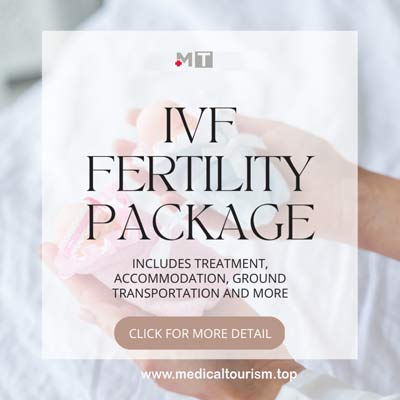
Freezing Eggs: Preserving Fertility for the Future
Many women want to have children someday. But what if you haven’t found the right partner, need more time to establish your career, want to accomplish other life goals or are facing a medical procedure that could impact your fertility? Freezing your eggs is an option that may help you realize your dream of motherhood when you’re ready.
Having your eggs extracted and stored for future use (called cryopreservation) may give you the best chance of conceiving later on, especially if you’re facing a medical treatment — such as chemotherapy, treatment of severe endometriosis or gender affirming surgery — or a health condition such as an autoimmune disease that can affect fertility.
Who is a good candidate for freezing eggs?
Whether or not freezing eggs is a good option for you depends on a few different factors that you need to discuss with your doctor. For example, if you’ve been diagnosed with cancer, your eligibility for egg freezing may depend on what type of cancer it is and if you’ll have time to complete the fertility preservation process before cancer treatment begins.
But for many women, the biggest factor to consider is their “biological clock.” In medical terms, this means that the number of eggs you have and the quality of those eggs both decrease as you get older. Eventually you stop ovulating (releasing eggs from your ovaries for potential fertilization) when you reach menopause (commonly between 45 and 55 years). Age is the most important factor in successful egg freezing.
Women who freeze their eggs before age 40 have a greater likelihood of achieving pregnancy with those eggs in the future. But a reproductive endocrinologist (infertility specialist) can provide testing to see if you’re a good candidate. “Freezing eggs after the age of 40 is not typically recommended but may be considered on a case-by-case basis,” says Cross.
What is the process to freeze eggs?
While egg freezing is a multistep process, it’s a lot more straightforward than you may think. “It’s the exact same process as for in vitro fertilization,” says Cross. “The only difference is that after egg retrieval we store the eggs rather than fertilizing them.”
Here’s what you can expect:
- You self-inject two to three hormone medications every day for 10–12 days. (A friend or partner can help with this if necessary.) This encourages a group of eggs to develop at the same time.
- To track the development of the eggs during this period, you also have four to six pelvic ultrasounds and frequent bloodwork.
- Once those eggs have matured, you undergo an ultrasound-guided surgical procedure to retrieve them. The outpatient procedure takes 20–30 minutes under anesthesia.
- An embryologist (a person trained to examine eggs and embryos) will verify that the eggs are mature, which means they have the potential to become fertilized.
Cost of Egg Freezing
The average cost of a Egg Freezing in Europe is €4,500. But the prices in Iran and Turkey are much lower than USA and Europe and even lower than India. To see the price, visit the Treatment-Prices.
Related Packages


